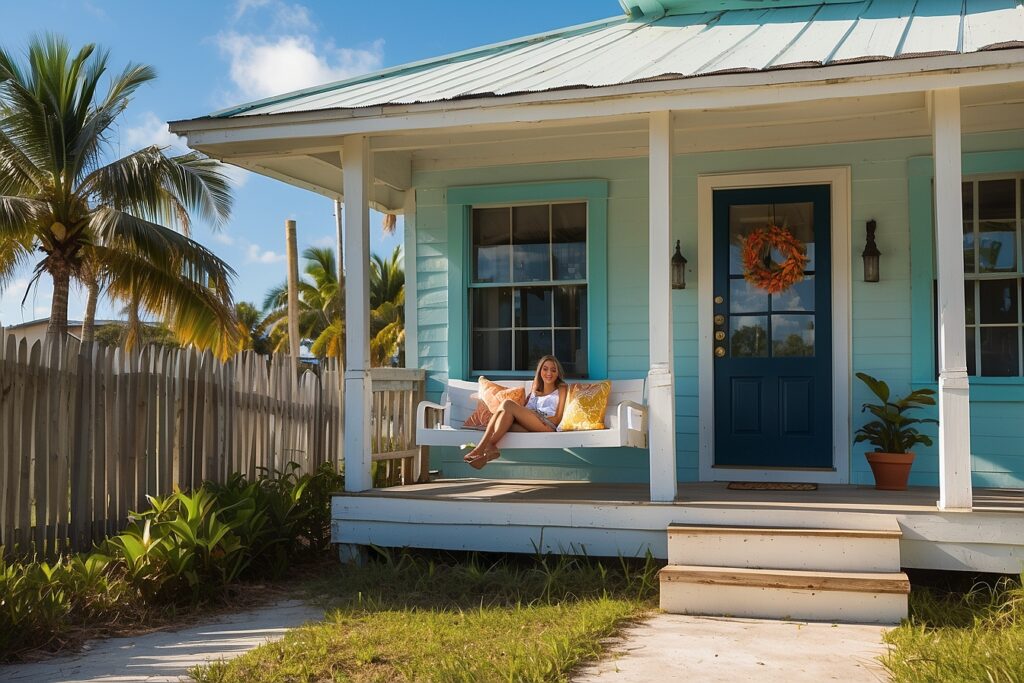What Every Property Owner Should know In Florida

Florida, known for its sun-soaked beaches and bustling cities, is also a state subject to intense weather conditions ranging from hurricanes to floods. Homeownership in the Sunshine State comes with its own set of challenges, especially when it comes to insuring your property. Here, we delve into the intricacies of homeowners insurance in Florida, providing a comprehensive guide to navigate its complexities.
1. Understanding the Basics of Homeowners Insurance in Florida
Policy Types: Just as with other states, Florida offers different types of homeowners insurance policies ranging from standard HO-3 policies, which cover the structure of your home, your personal belongings, and liability, to more specialized policies for unique needs.
- Deductibles: Deductibles are what homeowners pay out of pocket before the insurance coverage kicks in. It’s essential to select a deductible amount that you’re comfortable with and can afford.
- Coverage Limits: Always review the limits on your policy. These specify the maximum amount the insurance company will pay out for a claim.
2. Why Florida Homeowners Insurance Can Be Costly
- Hurricane and Flood Risks: Florida’s geographical location makes it susceptible to hurricanes and flooding, increasing the insurance costs due to these high-risk factors.
- Sinkholes: Florida is also known for its sinkhole activity. Some areas are more prone than others, impacting insurance rates.
- High Replacement Costs: The rising costs of building materials and labor also contribute to elevated insurance premiums.
3. Discounts and Savings: Maximizing Your Policy Value
- Wind Mitigation Credits: Florida homeowners can potentially qualify for discounts if their homes have specific features that reduce damage from wind, such as storm shutters or reinforced roofs.
- Bundle and Save: Many insurance providers offer discounts when bundling homeowners insurance with auto or life insurance policies.
- Safety Features: Installing security systems, smoke alarms, and other safety features can lead to discounts on your premium.
4. The Importance of Flood Insurance
While standard homeowners policies cover a plethora of risks, they typically do not cover flooding. Due to Florida’s susceptibility to flooding:
- Separate Flood Insurance is Essential: This can be procured through the National Flood Insurance Program (NFIP) or private insurers.
- Check Your Risk: Flood maps can help homeowners assess their property’s flood risk, aiding in informed decision-making regarding coverage.
5. Navigating the Claims Process in Florida
- Immediate Action: In the event of damage, contact your insurance provider as soon as possible and document all damage with photos and videos.
- Understand Your Policy: Before filing a claim, review your policy’s specifics, including deductibles and coverage limits.
- Seek Assistance: If you’re overwhelmed, consider hiring a public adjuster to navigate the claims process on your behalf.
In Summary:
Homeownership in Florida comes with its own set of responsibilities, especially regarding insurance. By understanding the basics, being aware of potential costs, taking advantage of discounts, recognizing the importance of flood insurance, and navigating the claims process effectively, you can ensure your home remains your safe haven amidst Florida’s dynamic climate.


